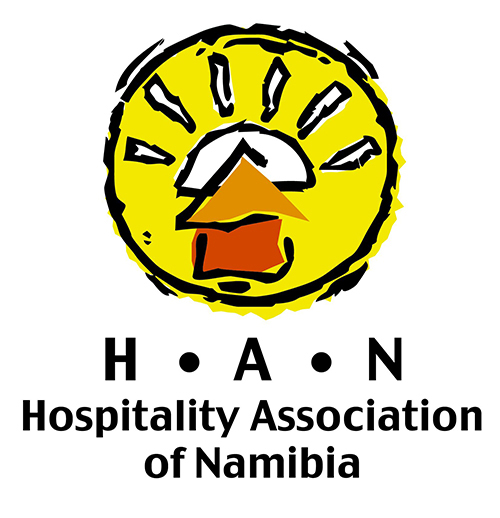ANNOUNCEMENTS
Article
Written by: HAN
HAN AGM 2025 was preceded by a free workshop on AI for HAN members
“As a sceptic to the benefits of technological advancement, – the argument that AI is to be seen as another step in the industrial revolution, – hence just another “TOOL” for and of mankind to make work easier, – was my “Aha”- moment!” (quote of HAN CEO, Gitta)
As promised, participants were told that AI tools have the potential to significantly enhance productivity in the workplace by automating repetitive tasks and generating creative content. These tools can streamline workflows by automatically generating reports, analyse data, and create visualisations, free up valuable time for teams to focus on more complex and strategic tasks. Furthermore, generative AI can aid in content creation by generating written articles, designing graphics, and even composing music, allowing individuals to quickly produce high-quality materials. By leveraging the capabilities of generative AI tools, workers can maximise their efficiency, creativity, and overall productivity in the workplace.
A few years ago, Google as library of any content and literature took the place of libraries and research centers. The difference between google and AI is that while google provides a list of relevant topics, AI allows for more generative content requests, where the user is able to be much more detailed and specific to his/her search, enabling a conversation between the user and the information platform, that is human-mind simulated.
There are many AI tools, such as
- Claude, ChatGPT, XAI,
- Perplexity, Meta, CoPilot,
- DeepSeek, Copy AI, Jasper AI (for text).
- Gemini, Leonardo.ai, Google AI Studio, Ideogram.ai for images, …. and more added almost daily
Their efficiency/suitability depends on the preference/application of the user. Most applications/tools have a “free” version, – which allows users to experiment and test suitability of that medium for the task at hand, – with premiums / annual fees payable for more quality and complex versions of the same tool.
Why should we experiment/use AI in the modern hospitality workplace?
- More efficiency for repetitive tasks – apply AI as a tool to assist and speed up tasks
- More accuracy in analysing huge data
- Personalisation possible through tailor-made experiments and preferential applications
- Accessibility to voice, text and sound/music for reports, presentations and communication
- Increased productivity (e.g: work for presentations)
- Innovation in many fields, including art, medicine, agriculture
Fear of AI justified?
- Job-losses may be possible for average mid-level jobs, but the top-end, – and the base-line hands-on jobs, such as inter-human relations so prevalent in hospitality will remain, – AI tools are there to free up the humans to allow for more inter-personal engagements.
- Avoid AI taking out the personal/human element, by initiating personal content first and using AI tools to optimize/perfect the task. Humans remain the creators, with AI a tool to repeat and perfect such creations through artificial generative intelligence.
Ideal AI Tools for Hospitality:
- Learning & development – skills training and upskilling of employees
- Content creation, (remember to initiate the content, and use AI to optimise it for more efficiency)
- Social media (again, ensure to personalise it to avoid “cannibalism/soullessness” being filtered out by search engines)
- Accounting/finances, HR administration, reporting
- Task management tools
- Relevant automation of services / machines
AI integration into the hospitality industry allows brands to offer a superior customer experience, empowers employees and streamlines operations. AI tools for hospitality are automating routine tasks to allow employees to focus on higher-value activities that require a human touch. The tasks related to booking management, inventory control, and customer inquiries can be facilitated with AI tools, leading to a shift in the industry that enables greater efficiency while reducing costs.
It would seem, that with the focus on AI, HAN may have unintentionally come a full circle on the “Tourism Training Roadmap”, as AI is proving to be a very effective tool for “life-long learning”, so everyone, from entry-level staff to top management is encouraged to apply the tools available, at all levels, free and premium, to facilitate and ease work processes and optimise output.
Key to remember is the application of the tool: the tool should be applied/guided by the user, prompted for results and output by the choice and input made by the user, i.e. mankind! Prompt Engineering refers to the process of continued prompting for desired results, – so be specific in your search and prompt requests for the most definite and desired results.
Parting advice:
- Apply, experiment, play and enjoy!
But remain the MASTER of the tool!
And note that an ai tool available today, may be out and overhauled tomorrow! So, beware what you depend on!
